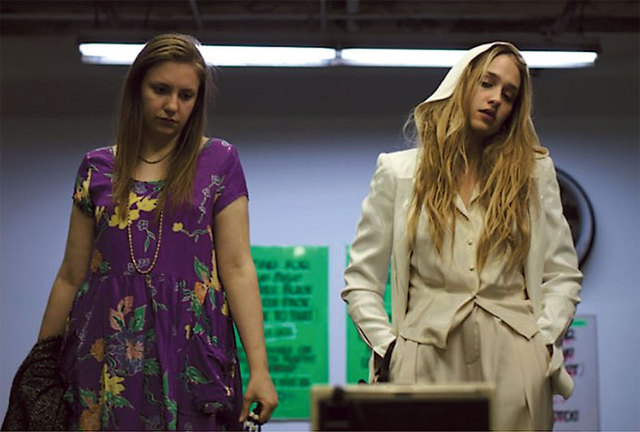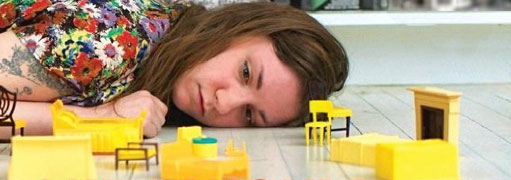Film Review: Indie Comedy/Drama Tiny Furniture Looks At Post-College Life In Miniature
Indie Comedy/Drama Looks At Post-College Life In Miniature


Nope. Not a before-and-after shot from “What Not to Wear.”



